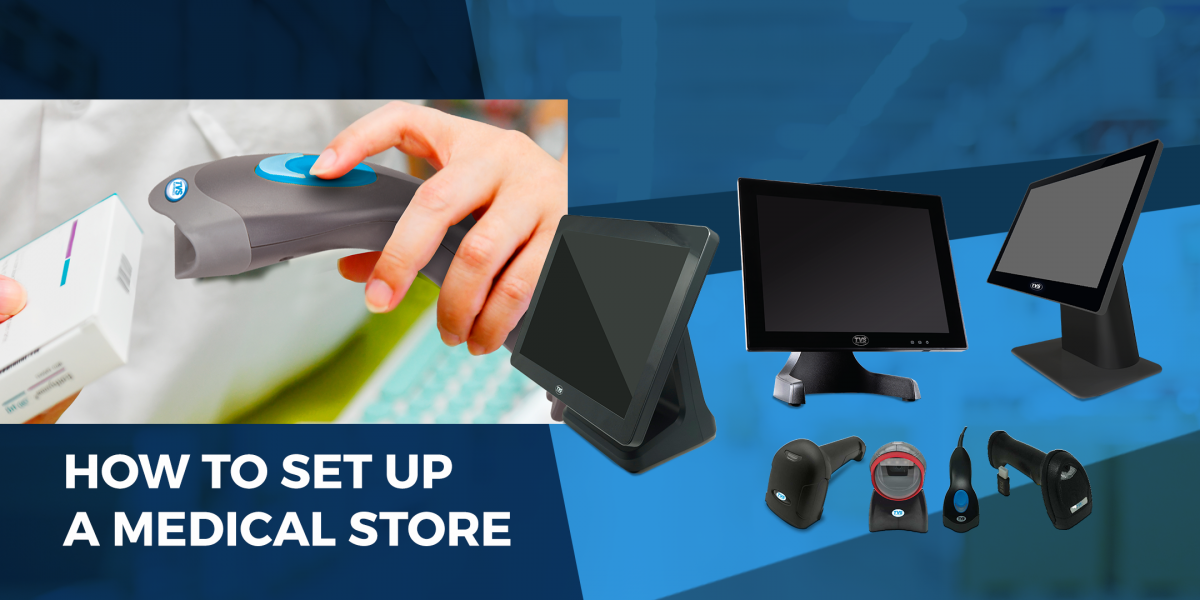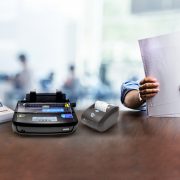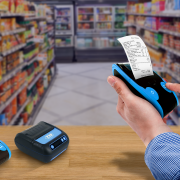Establishing a medical store is not only a business venture but also a commitment to serving the community’s healthcare needs. In today’s rapidly evolving world, efficiency and innovation are crucial elements in ensuring the success and sustainability of any business, including a medical store.
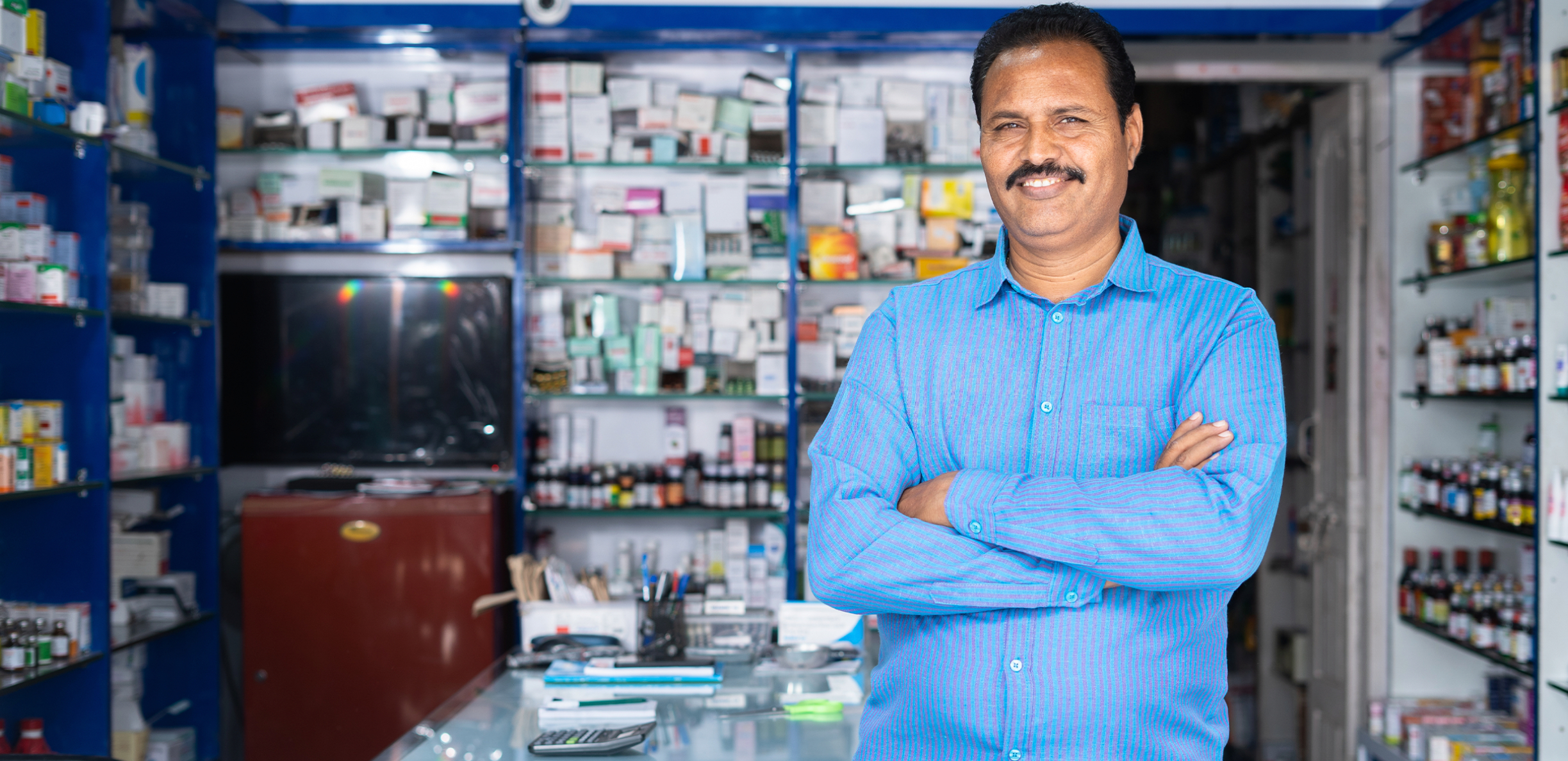
Listed below is the step-by-step process of setting up a medical store while integrating modern technology such as POS systems, barcode scanners, printing machines, and mechanical keyboards to streamline operations and enhance customer service.
Requirements for setting up a medical store:
1. Conduct Thorough Market Research: Thorough market research needs to be undertaken and is essential before the launch of a medical store. Various factors need to be considered when designing a business plan, such as understanding the demographics of your target area, analyzing the competition, and identifying the demand for various medical products. The initial research should also include information regarding local regulations for selling pharmaceuticals and the necessary licenses and permits to operate legally.
2. Secure a Suitable Location: The next factor that significantly impacts the success of a medical store is the location of the store. It is essential to consider a location that is easily accessible to the target market and has high visibility and density. The chosen location for the store should be close to hospitals, clinics, and residential areas to attract a steady flow of customers.
3. Invest in Modern Technology: The medical store can streamline operations and improve efficiency by incorporating modern technology and innovation. The following technologies can help in setting up the medical store:
a. Point of Sale (POS) system: A Point of Sale (POS) system is essential for managing transactions, inventory, and sales tracking. For a medical store, consider a POS system tailored to the needs of medical retail, including features such as prescription processing and integration with insurance systems.
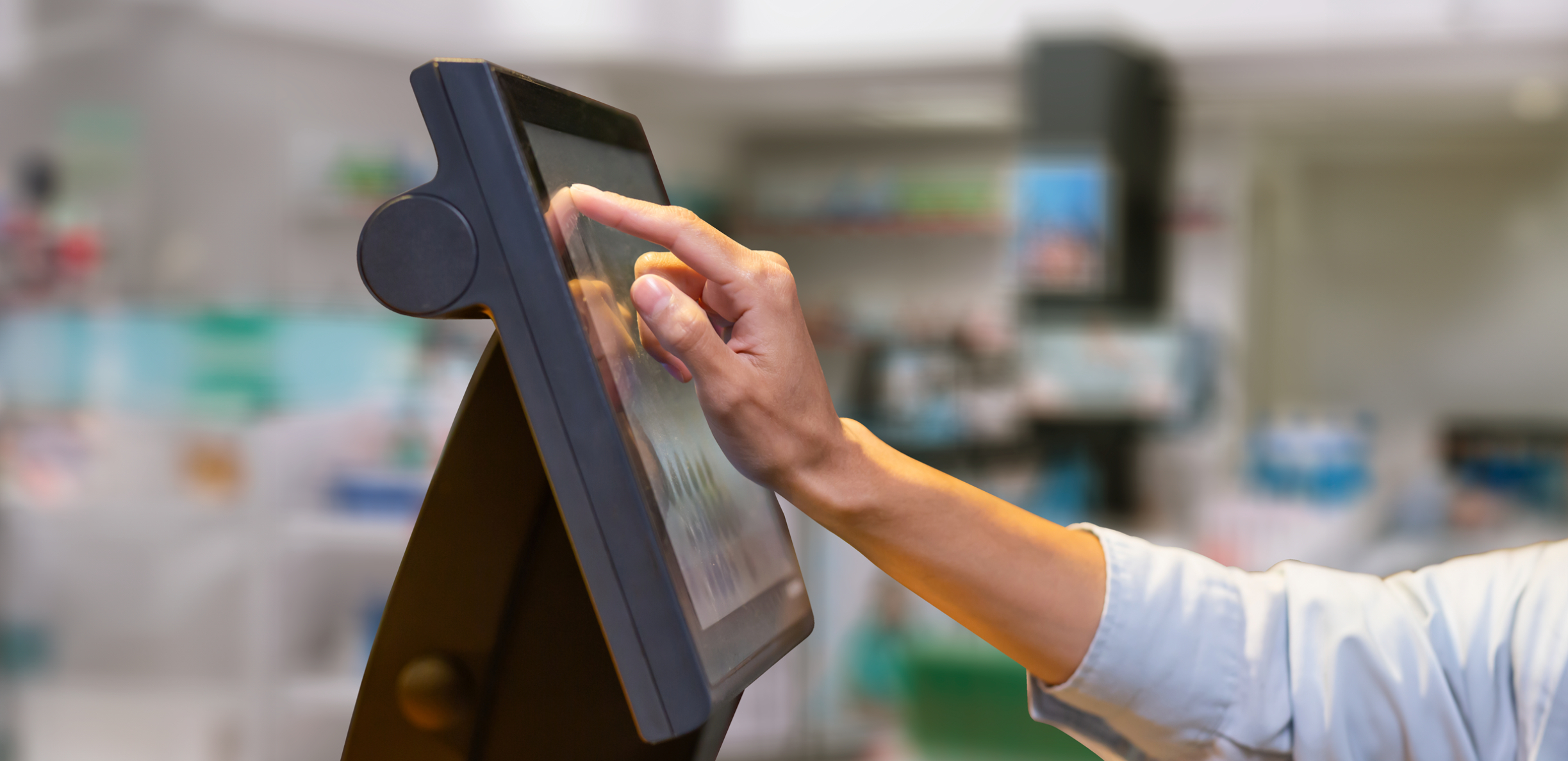
b. Barcode scanner: A barcode scanner in a medical store is a tool that can expedite the checkout process and minimize errors in inventory management. Choosing a versatile scanner that is reliable and capable of scanning various types of barcodes quickly and accurately is important.
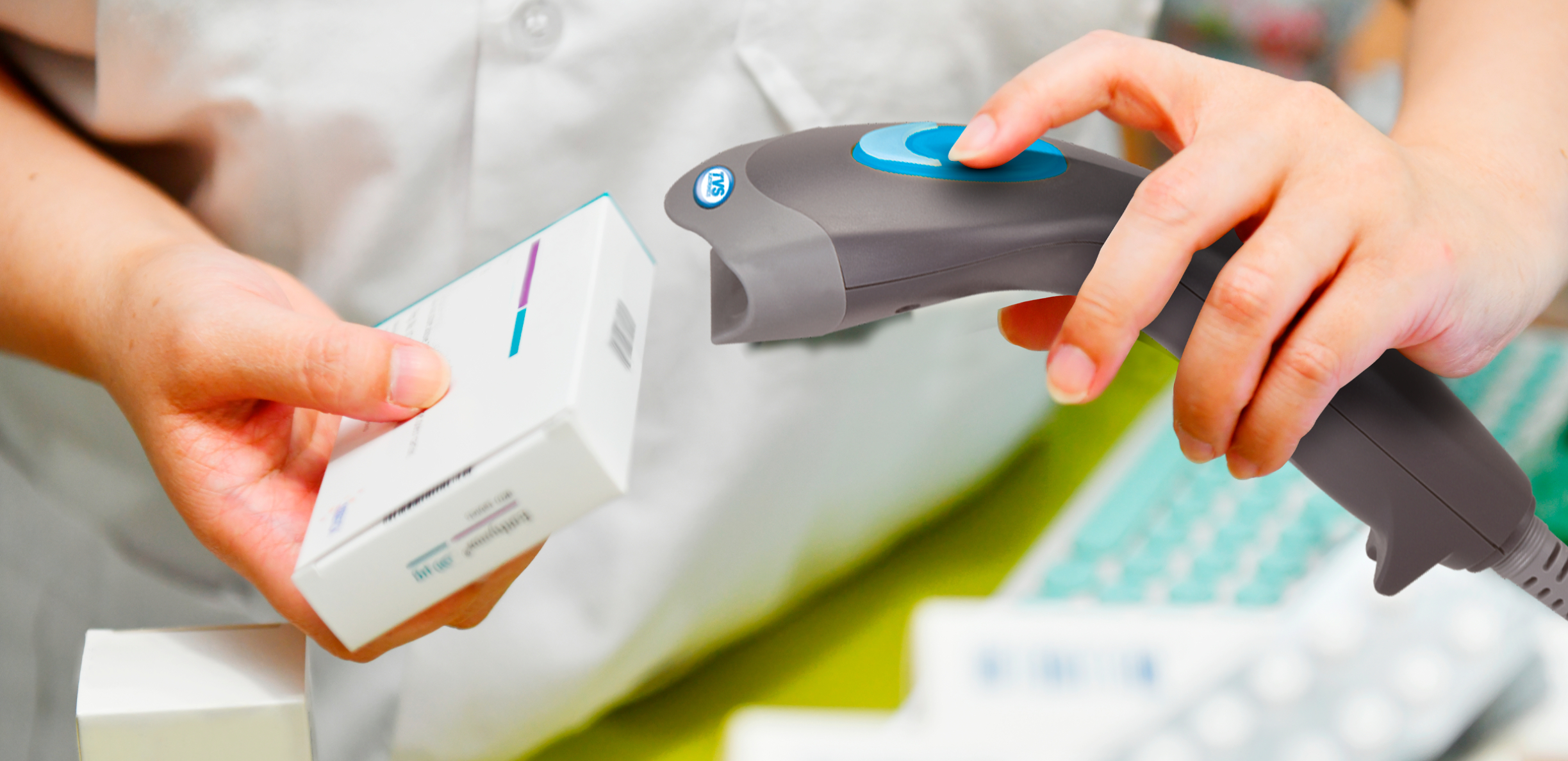
c. Printing machine: A printing machine is used to print receipts, labels, and other essential documents. A medical store must invest in a high-quality printing machine that can handle high-volume printing with a high-quality resolution, ensuring professional-level output.
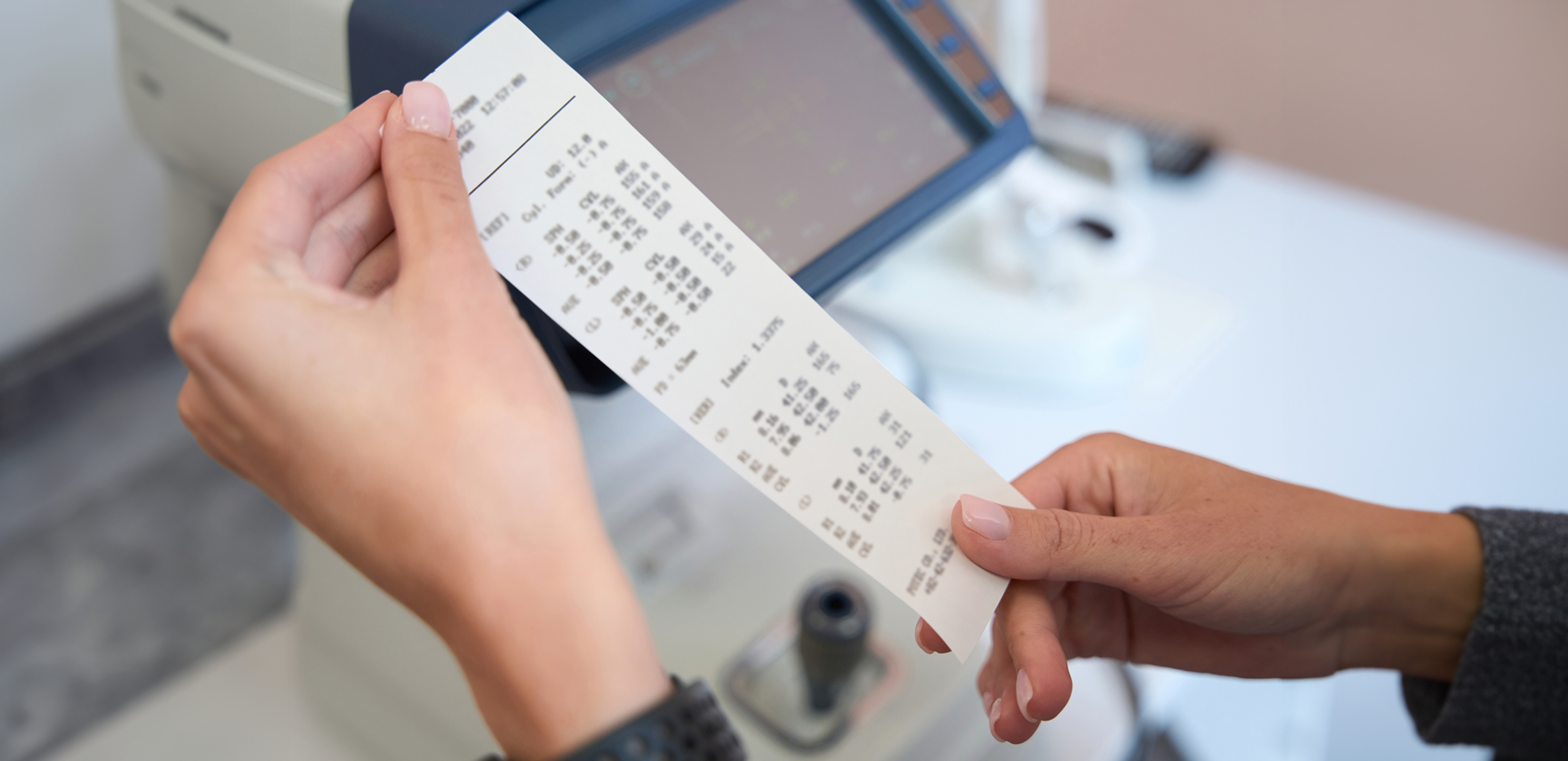
d. Mechanical keyboards: Mechanical keyboards are tools that offer durability and tactile feedback, making them ideal for prolonged use in a busy retail environment. The medical store must have a keyboard with customizable backlighting and programmable keys to suit your specific needs.
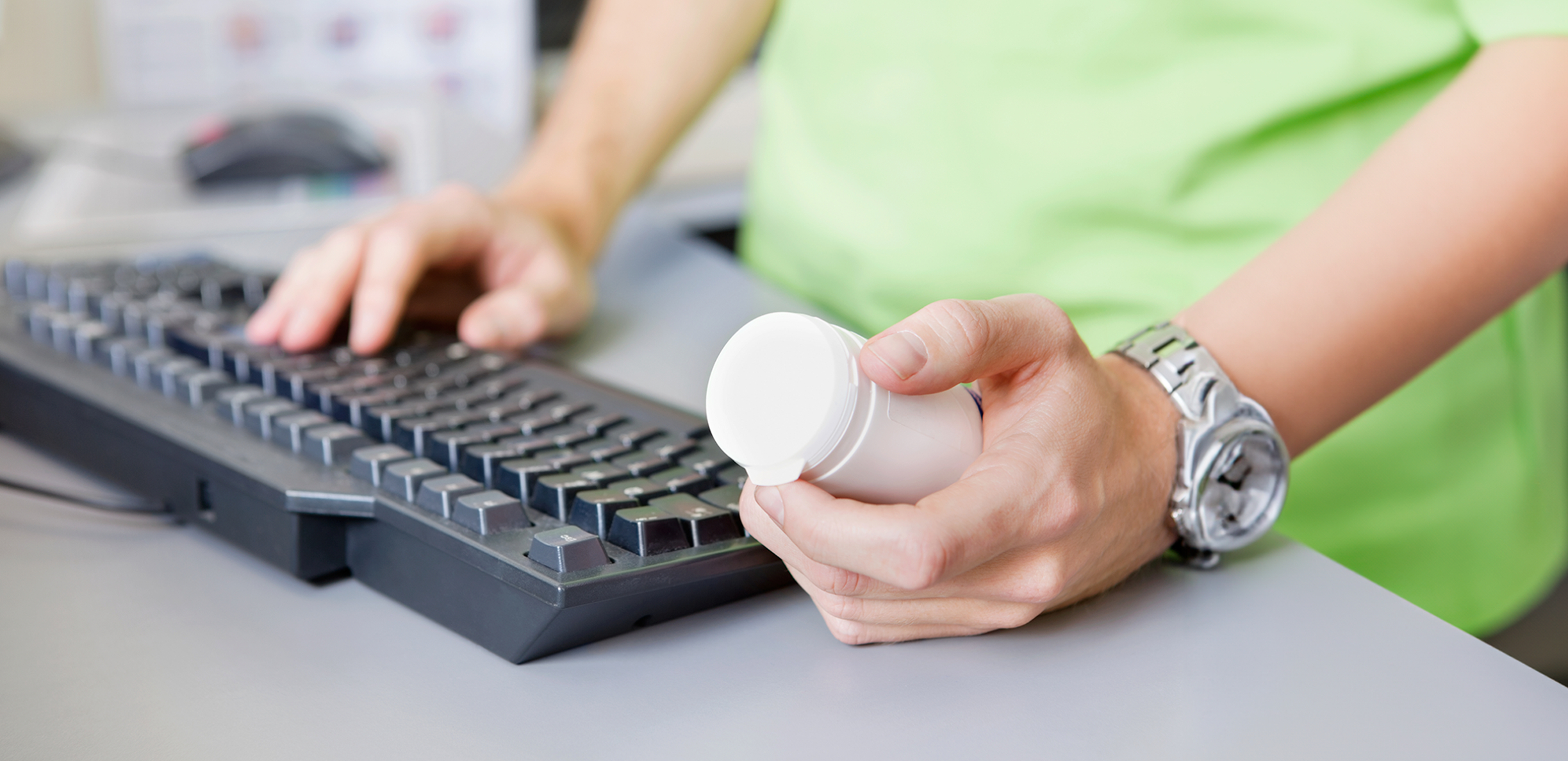
4. Build a Comprehensive Inventory: The medical store must build a comprehensive inventory of prescription medications, over-the-counter remedies, medical equipment, and healthcare products with the support of reputable suppliers. The store can use scanners to organize its inventory systematically and printers to clearly print all its products and equipment for easy identification.
5. Provide Exceptional Customer Service: The medical store must train its staff to provide exceptional customer service, which will build trust and loyalty with customers. Printers can be used for clear labelling, helping the customer locate products easily in the store. The staff can use barcode scanners for quick checkout, enhancing customers’ in-store experience.
The medical store has the potential to not just succeed, but to thrive with a comprehensive inventory, exceptional customer service, and a dedication to meeting the healthcare needs of your community. What’s more, by integrating modern technology and innovation, you not only stay ahead of the competition but also pave way for a fascinating and inspiring journey in the medical retail market.
TVS Electronics can help set up a medical store by providing numerous technological products such as barcode scanners, mobile printers, POS systems, and mechanical keyboards to streamline operations and enhance the customer experience.










